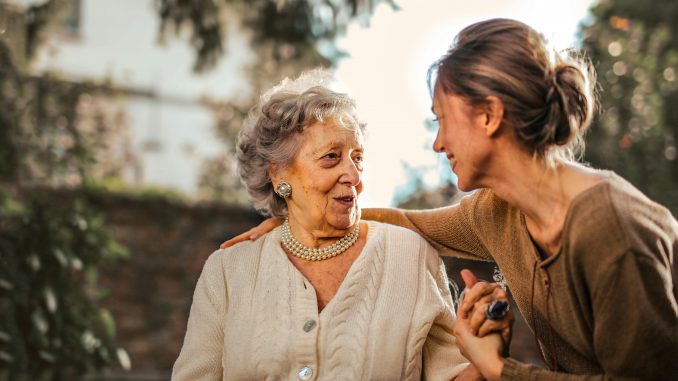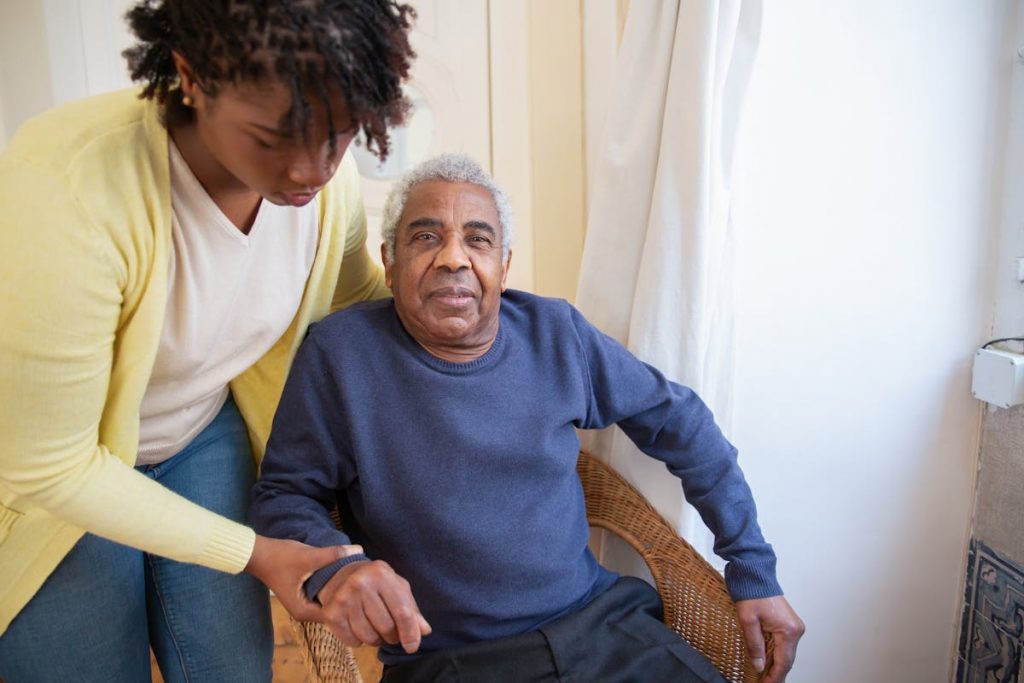

- Tailoring exercise routines for seniors ensures safety and promotes sustainable physical activity.
- Cognitive activities are crucial in maintaining mental acuity and can slow cognitive decline in the elderly.
- Consulting professionals in developing dietary and exercise plans can provide effective, personalized care.
- The benefits of care exceed the joy and relief a person experiences; it gives a sense of individuality and independence to people involved in the process.
- Local resources, such as senior centers and meal services, support elderly care and caregiver relief.
As years pass, especially beyond retirement age, come joys, challenges, and a growing need for specialized care. Elderly care now focuses on personalized approaches. Tailored care considers individuals’ unique physical, mental, and emotional needs.
This detailed discussion will uncover the multifaceted needs of the elderly and the strategies you can employ to deliver care that is as unique as they are. After reading, you should be able to realize the different roles of you, your family, and the environment in realizing the goal of providing care to your loved ones.
Understanding the Needs of the Elderly
Physical Health Considerations
Aging is accompanied by a gradual decline in physical health. Chronic illnesses become more common, and conditions such as arthritis, osteoporosis, and cardiovascular issues can hinder mobility and independence.
Physical activity is vital, yet it must be approached with caution. Low-impact exercisesare often the best choice, but the specifics depend on an individual’s health profile. Nutrition geared towards maintaining a healthy weight and preventing malnutrition is equally important.
Mental Health and Emotional Well-Being
The mental health of the elderly is a significant aspect of their well-being. Conditions such as dementia and depression can become more prevalent, and cognitive decline is a natural part of the aging process for many.
Creating a supportive environment that fosters mental stimulation, emotional support, and a sense of purpose is crucial. Cognitive activities, social engagements, and remaining active in hobbies they love can all contribute to a healthier and more fulfilling life.
Social Interactions and Community Engagement
The role of a rich social life in elderly care cannot be overstated. Social isolation is a prevalent issue among the older population, which can lead to a host of mental and physical health concerns.
Helping your loved ones maintain relationships, participate in community activities, and ensure a varied, engaging social life can profoundly impact their overall health and happiness.

Consider Home Care Options
When exploring care options for the elderly, considering trusted home healthcare agencies becomes essential. They offer personalized care that respects the individual’s need for independence while ensuring their safety and well-being.
These agencies provide a range of services, from medical management to personal care and companionship, tailored to meet diverse needs. Engaging with a reputable agency can bring peace of mind to families, knowing that their loved ones receive professional and compassionate care.
Furthermore, home care options enable seniors to remain in the comfort of their own homes. This continuity in their living environment can significantly contribute to their emotional stability and overall quality of life.
Personalized Care Approaches
Tailoring Nutrition and Diet
Older adults have unique dietary needs, often requiring higher intake of certain nutrients while being vulnerable to deficiencies as well. Personalized dietary plans can help mitigate the effects of chronic conditions and support overall health.
Balanced meals rich in vitamins, minerals, and high-quality proteins are essential. Consulting a dietitian to develop a diet plan that addresses your elderly loved one’s specific needs is a proactive step toward personalized care.
Customizing Physical Activity and Exercise Routines
While physical activity is beneficial, a one-size-fits-all approach to exercise can be harmful. Developing an exercise routine that considers individual health needs, mobility levels, and personal preferences is key to its effectiveness and sustainability.
Enrolling in senior-specific exercise programs led by professionals who understand the unique needs of older adults can provide a safe and tailored approach to staying active.
Implementing Cognitive Stimulation Activities
Keeping the mind sharp and engaged is as important as physical health. Cognitive stimulation activities can help prevent or slow cognitive decline and enhance quality of life.
Puzzles, games, learning new skills, and reminiscence therapy are just a few examples of activities that can provide cognitive stimulation. The key is to find what activities resonate most with the environment to have an engaging atmosphere.
Resources and Support Networks
Community Resources for Elderly Care
Local communities often have resources specifically geared toward supporting the elderly and their caregivers. These can include senior centers, meal delivery services, transportation services, and support groups.
Support Groups and Caregiver Assistance
Caregiving for an elderly loved one can be physically, emotionally, and mentally taxing. It’s important for caregivers to seek support and assistance when needed. Support groups provide a safe space for caregivers to connect with others going through similar experiences.
Personalized care approaches in nutrition, physical activity, and cognitive stimulation hold the key to enhancing the quality of life for older adults. By tailoring these strategies to meet each senior’s individual needs and preferences, caregivers can ensure a more effective and compassionate level of care. Finally, the involvement of everyone increases the fulfillment felt by the elders who need the service they require.